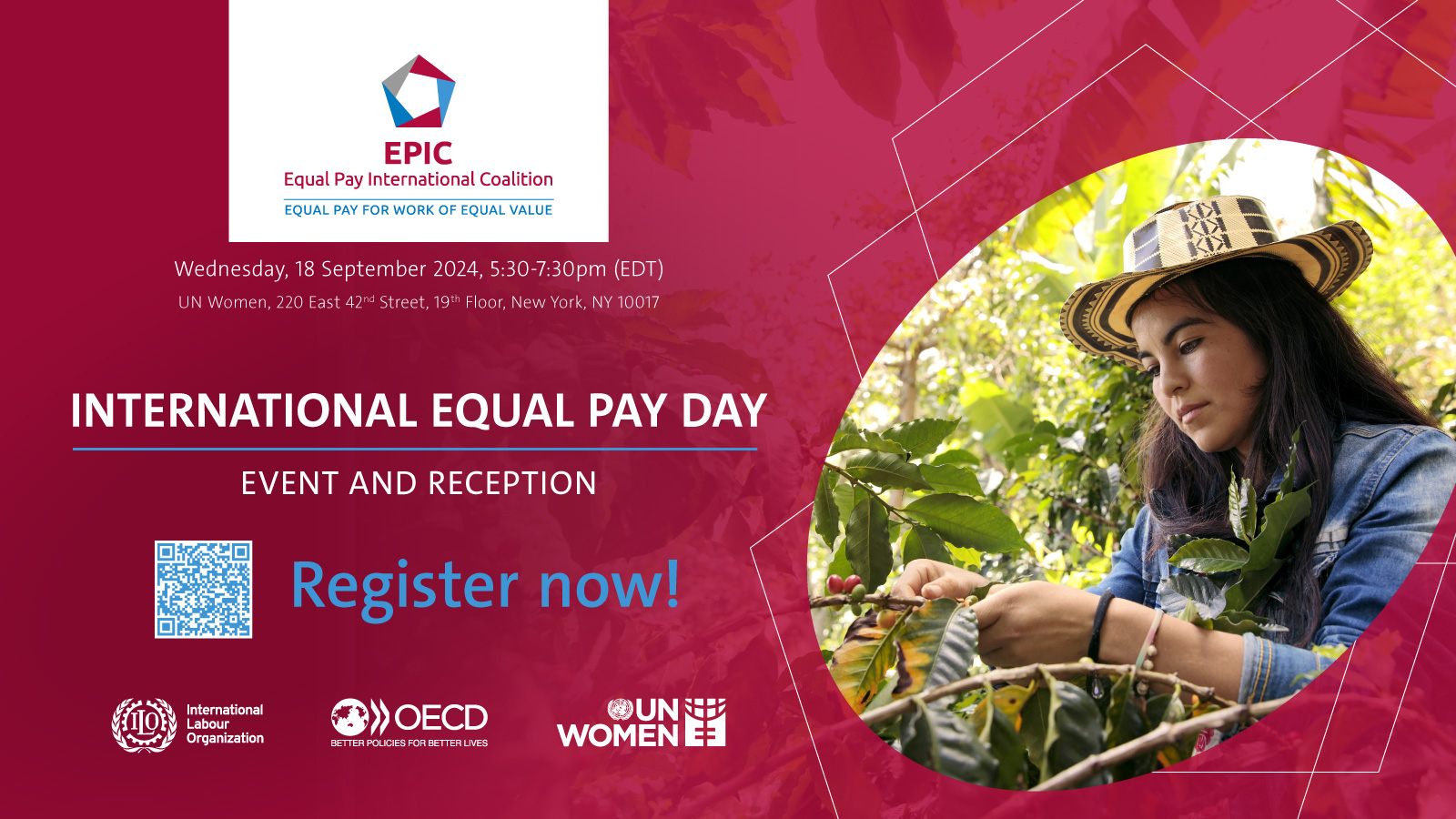International Equal Pay Day 2024: Joint Campaign by Salary Transparency Platforms to Empower Employees with Pay Data
International Equal Pay Day 2024: Joint Campaign by Salary Transparency Platforms to Empower Employees with Pay Data
September 18, 2024 — London and New York
In an unprecedented move to combat pay inequality, a group of salary transparency platforms — Levels.fyi, Real Salary, Salary Transparent Street and WorkVue —have joined forces on International Equal Pay Day 2024 to launch a campaign aimed at empowering employees with real-time pay data.
Together, these platforms are leading the charge to put pay transparency directly into the hands of workers, equipping them with the knowledge they need to close the persistent gender pay gap, which remains at a staggering 20% globally.
This campaign is about more than just numbers. By democratizing access to pay data, these platforms are providing employees with the tools to advocate for fair compensation, negotiate confidently, and make informed career decisions. The joint effort marks a pivotal moment in the fight for pay equity. The growth of legislation for transparency is making pay data accessible and a right for every worker.
"When you put pay data into the hands of employees, you level the playing field," says Dr. Zara Nanu, MBE, founder of WorkVue. "Data and bottom-up transparency can ensure that we close the pay gap for good."
Platforms like Levels.fyi, which provides over 1.5 million professionals each month with pay benchmarks, and Salary Transparent Street, which empowers workers with real-time salary transparency, are working to ensure employees are no longer kept in the dark. Zaheer Mohiuddin, co-founder of Levels.fyi, underscores the importance of this collective effort:" Our annual gender pay gap reports equip leaders with insights to identify and close the pay gap."
Similarly, Hannah Williams, founder of Salary Transparent Street, stresses the necessity of this movement: "I was once underpaid by over $20,000 as a Senior Data Analyst. Without transparency, I wouldn’t have known. This campaign gives workers the tools to know their worth and fight for it."
The secrecy surrounding salary data has long been one of the biggest barriers to achieving pay equity. These platforms aim to break the silence that has allowed pay gaps to persist and this campaign is a unified call to action for employees to take control of their future by understanding their present worth.
Join the Movement
As part of the International Equal Pay Day 2024 campaign, these platforms are encouraging employees to access salary data reports, real-time pay comparisons, and negotiation tools. This joint effort marks a critical step toward ensuring that pay transparency becomes the norm rather than the exception.
The message is clear: Equal pay starts with data. By harnessing the collective power of of that data in a transparent way, employees across the world can demand what they are worth—and make pay inequality a thing of the past.
For more information on how to access pay data and become part of the movement, visit https://www.levels.fyi/, https://www.salarytransparentstreet.com/, https://www.real-salary.com/, https://workvue.io/
Media Contact:
Zara Nanu
[email protected]
+44(0)7944926705


